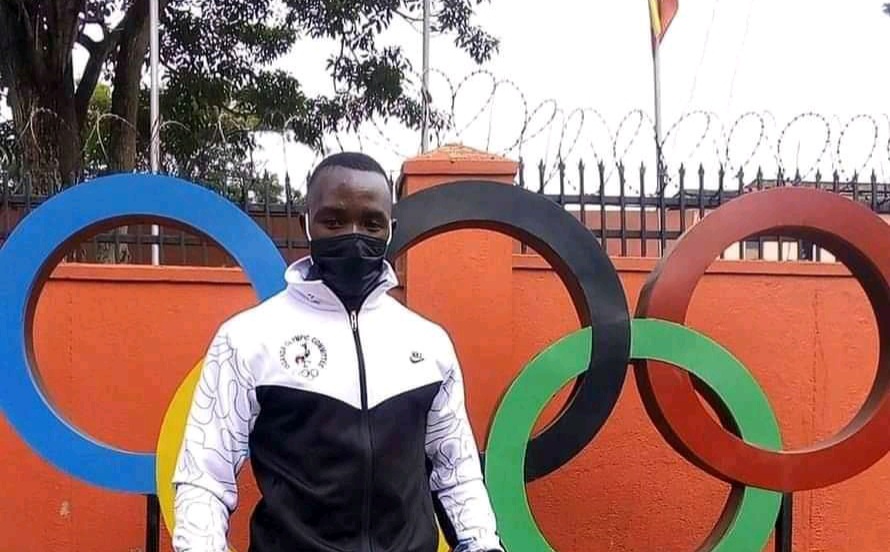Address issues in the sports sector

What you need to know:
- This is not the first time Ugandan athletes are disappearing
Following Julius Ssekitoleko’s disappearance in Tokyo, the government of Uganda in liaison with Japan authorities launched investigations into the matter to have Julius repatriated. Ssekitoloko was later found.
This is not the first time Ugandan athletes are disappearing. In 2018, six Ugandan athletes disappeared in Australia where they had gone for Gold Coast Common Wealth Games. In June 2021, James Odong, a rugby player, disappeared from his hotel room in Monaco, France, where the national team had gone for repechage qualifier for the Tokyo Olympics.
But the question remains, why do athletes disappear when they go for competitions abroad?
Many have put this on the failure of the government to enable and facilitate the sports sector where many athletes despite the challenges they face at home continue flying Uganda’s flag high. Players don’t disappear because they want but rather because of frustrations about their future in the sport. For all the biggest challenge remains shortage of facilities such as training facilities. Games such as boxing remain one of the least facilitated yet they bring in a lot of medals.
Moses Muhangi, the president of Uganda Boxing Federation, blamed the government for the disappearance of athletes. He said that the government has failed to finance the sector through establishing better facilities that these players can use for training to better themselves.
The lockdown has also exacerbated the situation as athletes are among the most hit since most sports competitions were suspended yet it is the only way many of these people make a living. Ever since the lockdown, many stakeholders have come out to ask the government to support struggling sportsmen such as boxers. If the government really cared about the lives of sportsmen, it would not let sportsmen who carry Uganda’s flag get to the point of being evicted from mzigos for failure to pay rent. Instead of criticising Sekitoleko for his actions, the government should restructure and reform the sports sector to make it more robust to avoid such instances.
One of the biggest challenges that is affecting the sector is the current NCS Act whose overhaul is long overdue.
The 1964 Sports Act has kept the sports sector in obsolete perception that it is a leisure activity just as good as bars and concerts. It should be noted that over time sports has transcended from leisure to become one of the most lucrative commercial ventures, paying highest in wages and bonuses to athletes. As such the current law that regards sports as leisure makes it difficult for the sector to harness its immense potential. There are important aspects in sports such as commercial rights which are worth millions of dollars but the current law doesn’t protect creators and allow athletes benefit from such.
The current law also discourages private investment into sport in Uganda and as such no one wants to invest in sport as there is no return on investment. The lack of investment in the sector has not only led to the absence of money but athletes, too, have been forced to leave sport in search of jobs elsewhere.
Brighten Abaho, Policy and Research Associate Centre for Policy Analysis




